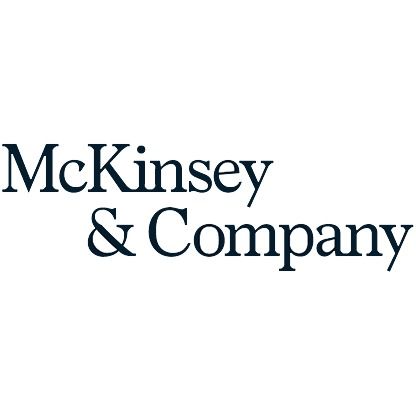How to Prepare for a Sustainable Future along the Value Chain
Consumer goods companies are committing to sustainability, but real progress requires major shifts across their entire supply chains. Over 80 percent of their greenhouse gas emissions and more than 90 percent of their environmental impact stem from sourcing and production rather than direct operations. To align with EU climate goals, the industry must cut emissions by over half by 2030, driving the need for sustainable sourcing and circular business models.
Regulations are tightening, with the EU Green Deal mandating all packaging be recyclable or reusable by 2030 and the Circular Economy Action Plan promoting product durability and reparability. Beyond regulations, consumer demand for sustainability is growing. Two-thirds of shoppers are adjusting their habits to reduce their environmental footprint, and brands like Oatly, which highlight sustainability, are experiencing rapid growth. Employees also prioritize sustainability, with two-thirds of workers under 34 considering it a key factor when choosing an employer. Investors are reinforcing this trend by linking funding to ESG performance, making sustainability a financial priority. Additionally, more than half of new consumer-goods startups now have sustainability at their core, challenging traditional brands.
Despite recognizing the need for change, many established companies struggle to implement effective sustainability strategies. To succeed, businesses must set clear goals, integrate sustainability into corporate strategy, and ensure transparency throughout their supply chains. Sustainability must be embedded in all operations, from procurement and logistics to production and R&D. Companies leading the way include Nestlé, which supports farmers’ incomes; Danone, which is transitioning to 100 percent renewable energy; and Adidas, which plans to use only recycled polyester by 2024. Patagonia is pioneering circular fashion with repair programs and aims for full carbon neutrality by 2025.


